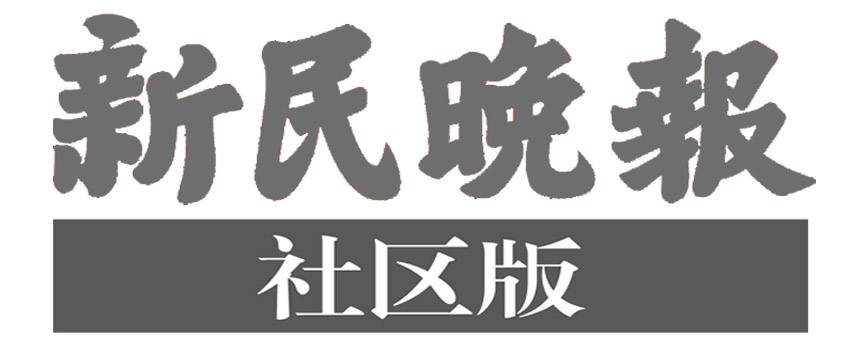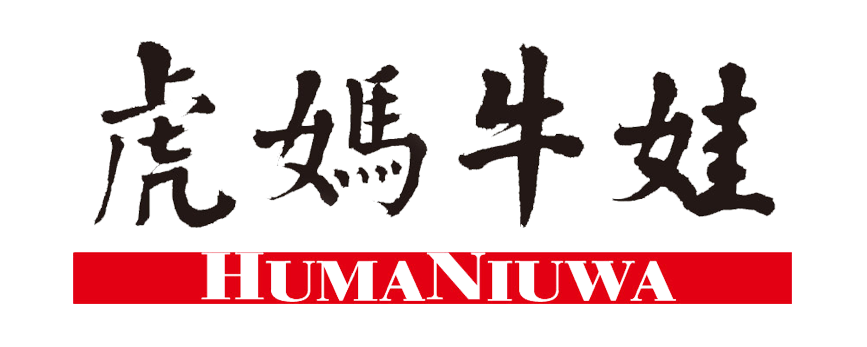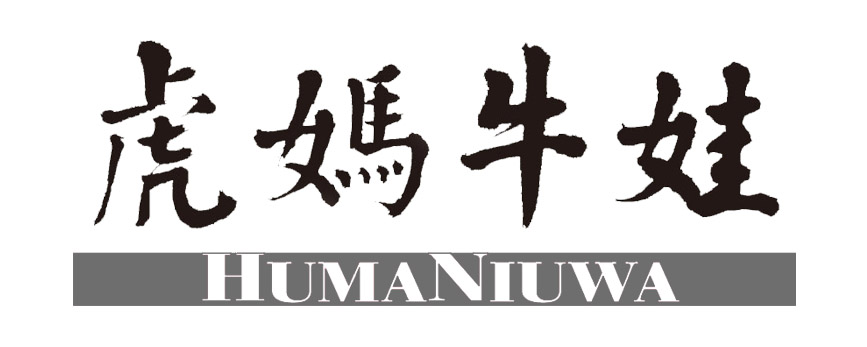In 2003, I came as a trailing spouse with my husband, Monte, and our two children. I found that there were so many parents needing therapy or special education services that didn’t exist. I asked about other professionals to support these children and was told there were none. It was so frustrating to see parents and teachers being unable to serve the needs of their children. When Monte was asked to go back to the US with his company, we decided to stay. He put his Stanford MBA to use as our Managing Director and we started ELG in 2006, along with our friend Andrew Hill!
Can you explain more about your organisation?
ELG is a social enterprise that supports local and international communities. We have a full-time bilingual special education program in Puxi and Pudong. This program provides an alternative for children whose needs aren’t met in local or international schools due to learning disabilities, social or behavioral challenges, or other needs. In addition, we offer therapy by appointment for behavioral, developmental, and mental health.
Why do you feel Shanghai is evolving in terms parents’ eduactional perspectives?
I was the first American developmental therapist based in China. When I arrived, I was training doctors in the basics, such as how to diagnose autism. Many parents hadn’t even heard of ASD years ago! Things have come a long way in the past 15 years.
WeChat and other platforms are helping parents to learn from one another, share resources, and seek support. It can be dangerous when the information isn’t accurate - I would caution parents to also do their own research - but overall, it’s helping families to connect, find they aren’t alone, and get introduced to services like ours from other parents who “get it”.
How do you foresee the future in special needs education?
Of course, there are many challenges to establishing and running a business in this city, especially when it comes to supporting children in this field. The challenge of working with families is that sometimes they think you will “fix” their child, and you’ve got to manage those expectations, which can be tough. We are transparent with families, which can be underwhelming when other companies will promise non-evidenced based methods of “curing” difficulties.
The future is bright! We have around 60 therapists and special educators from around the world (and China!) who are bringing international standard care to families in Shanghai. It’s incredible to see. I’m also involved in our sister NGO, Xiersen, which will launch an online training platform for special education assistants called “Careers in Care” and we are so proud of this project which will help improve special education for local families across China.





















 沪ICP备15036271号-2
沪ICP备15036271号-2